The Trump administration's trade policies have been a focal point of legal contention, with recent developments highlighting the ongoing struggle over the scope and legality of the tariffs imposed under emergency powers. In a significant move, the administration has requested a pause in a second court ruling that challenges its sweeping tariffs. This request comes amidst a chaotic legal landscape, with multiple cases and appeals adding layers of complexity to the administration's economic strategy.
The Request for a Pause
On Monday, the Trump administration filed a request with a US appeals court to stay a preliminary injunction issued last week by US District Court Judge Rudolph Contreras. The injunction affects two US toymakers, Learning Resources and hand2mind, and the administration argued that halting the tariffs would undermine ongoing trade negotiations with other nations and diminish the tariffs' effectiveness as a "credible threat." This legal maneuver is part of a broader effort by the administration to maintain its stance on tariffs despite mounting legal challenges.
The District Court Ruling
Judge Contreras's ruling was a significant blow to the administration's tariff policies. He determined that the two family-owned toy companies would suffer irreparable harm if subjected to the tariffs. Furthermore, the judge ruled that the International Emergency Economic Powers Act (IEEPA), under which Trump enacted the majority of his tariffs, does not provide a legal basis for such tariffs. This ruling directly challenges the administration's use of emergency powers to impose tariffs, a strategy that has been a cornerstone of Trump's trade policy.
The administration quickly appealed the ruling to the US DC Circuit Court of Appeals, seeking to overturn Judge Contreras's decision. This appeal is part of a series of legal actions taken by the administration to defend its tariff policies, which have faced multiple challenges in the courts.
The Broader Legal Context
The toy companies' lawsuit is just one of several legal battles over Trump's tariffs. On May 28, the US Court of International Trade ruled that President Trump overstepped his authority under IEEPA, blocking his "Liberation Day" tariffs and those imposed earlier this year against China, Mexico, and Canada. These tariffs were designed to combat the influx of fentanyl into the United States. The administration immediately appealed this ruling, and less than 24 hours later, a federal appeals court paused the ruling, temporarily restoring Trump's ability to levy tariffs under the act.
The Court of International Trade's decision was based on two separate cases: one filed by wine importer V.O.S. Selections and four other small businesses, and another by twelve Democratic state attorneys general led by Oregon. Judge Contreras, who presided over the case involving the toy companies, issued a stay on his ruling for two weeks but ordered that the two companies be protected from tariffs regardless of the outcome of the broader trade court case.
The Companies' Perspective
Richard Woldenberg, CEO of Learning Resources, expressed confidence in the district court's ruling. "We’re very gratified by the ruling of the district court and believe the reasoning of the district court will be upheld," he said. The toy companies argue that the tariffs would significantly harm their businesses, which rely on imported goods to remain competitive and profitable.
The Legal Arguments
In its filing on Monday, the Trump administration argued that the district court "lacks jurisdiction" and that the trade court exclusively has jurisdiction over tariff-related cases. This argument is part of a broader strategy to challenge the legal basis for the district court's ruling and to maintain the administration's authority to impose tariffs under IEEPA.
The administration's position is that the tariffs are necessary to protect national security and to address unfair trade practices by other countries. However, opponents argue that the tariffs are an overreach of executive power and that they disproportionately harm small businesses and consumers.
The Broader Implications
The legal battles over Trump's tariffs have significant implications for the global economy and for US trade relations. The tariffs have already led to retaliatory measures by other countries, contributing to trade tensions and uncertainty in global markets. The ongoing legal challenges add another layer of uncertainty, making it difficult for businesses to plan and invest with confidence.
For the toy companies and other small businesses affected by the tariffs, the legal battles are a matter of survival. The tariffs increase their costs and reduce their competitiveness, potentially leading to job losses and business closures. The broader economic impact includes higher prices for consumers and disruptions in supply chains.
Navigating the Legal and Economic Landscape
The Trump administration's request for a pause in the court ruling highlights the ongoing legal and economic challenges surrounding its tariff policies. As the administration defends its use of emergency powers to impose tariffs, it faces multiple legal challenges that question the legality and effectiveness of these measures.
For businesses affected by the tariffs, the legal battles are a source of significant uncertainty and risk. The outcome of these cases will determine whether the tariffs remain in place and whether small businesses like Learning Resources and hand2mind can continue to operate without facing crippling costs.
As the legal landscape continues to evolve, the need for clear and consistent policies becomes increasingly important. The administration's defense of its tariff policies will be closely watched by businesses, investors, and policymakers, as the outcome will have far-reaching implications for the US economy and global trade relations. The coming months will be crucial in determining the future of these tariffs and the broader economic vision of the Trump administration.

By Benjamin Evans/Jun 3, 2025

By Samuel Cooper/Jun 3, 2025

By Lily Simpson/Jun 3, 2025

By Eric Ward/Jun 3, 2025

By George Bailey/Jun 3, 2025

By Victoria Gonzalez/Jun 3, 2025

By Noah Bell/Jun 3, 2025

By Rebecca Stewart/Jun 3, 2025
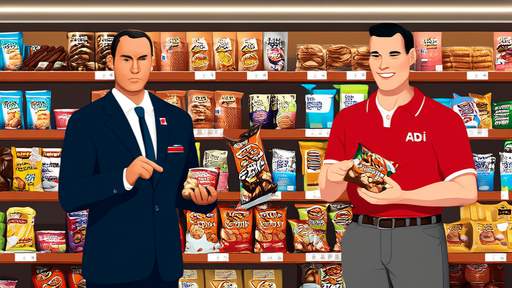
By Grace Cox/Jun 3, 2025

By John Smith/Jun 3, 2025

By Emma Thompson/Jun 3, 2025
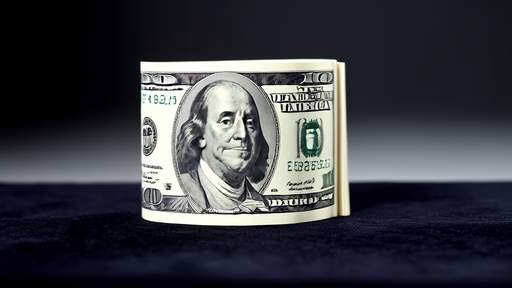
By Victoria Gonzalez/Jun 3, 2025
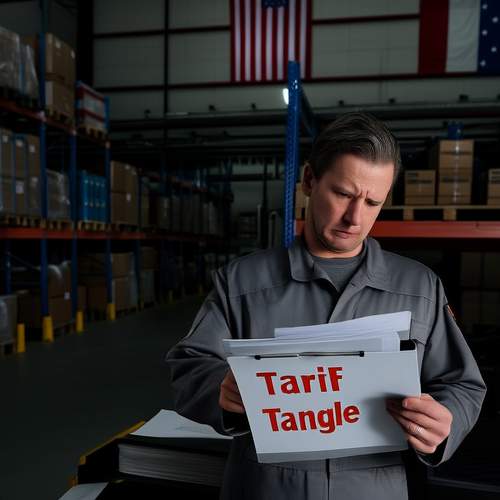
By George Bailey/Jun 3, 2025

By Samuel Cooper/Jun 3, 2025

By Michael Brown/Jun 3, 2025
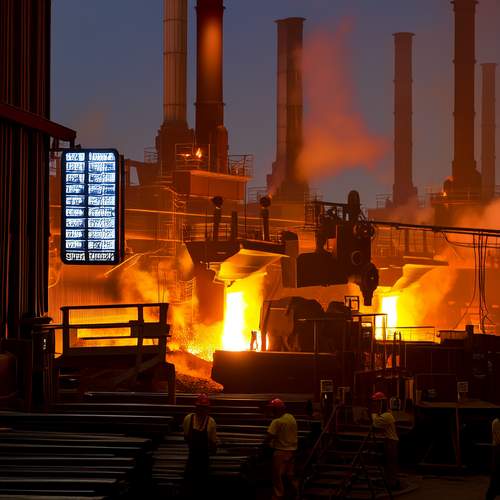
By Grace Cox/Jun 3, 2025
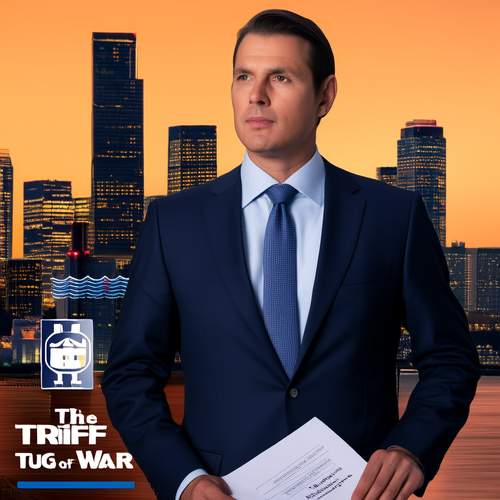
By Megan Clark/Jun 3, 2025
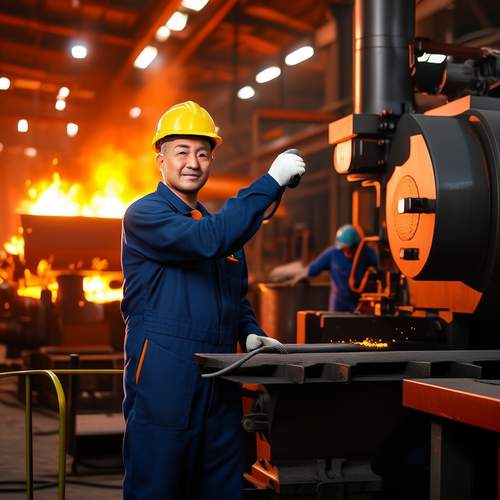
By Noah Bell/Jun 3, 2025

By Emma Thompson/Jun 3, 2025

By Rebecca Stewart/Jun 3, 2025